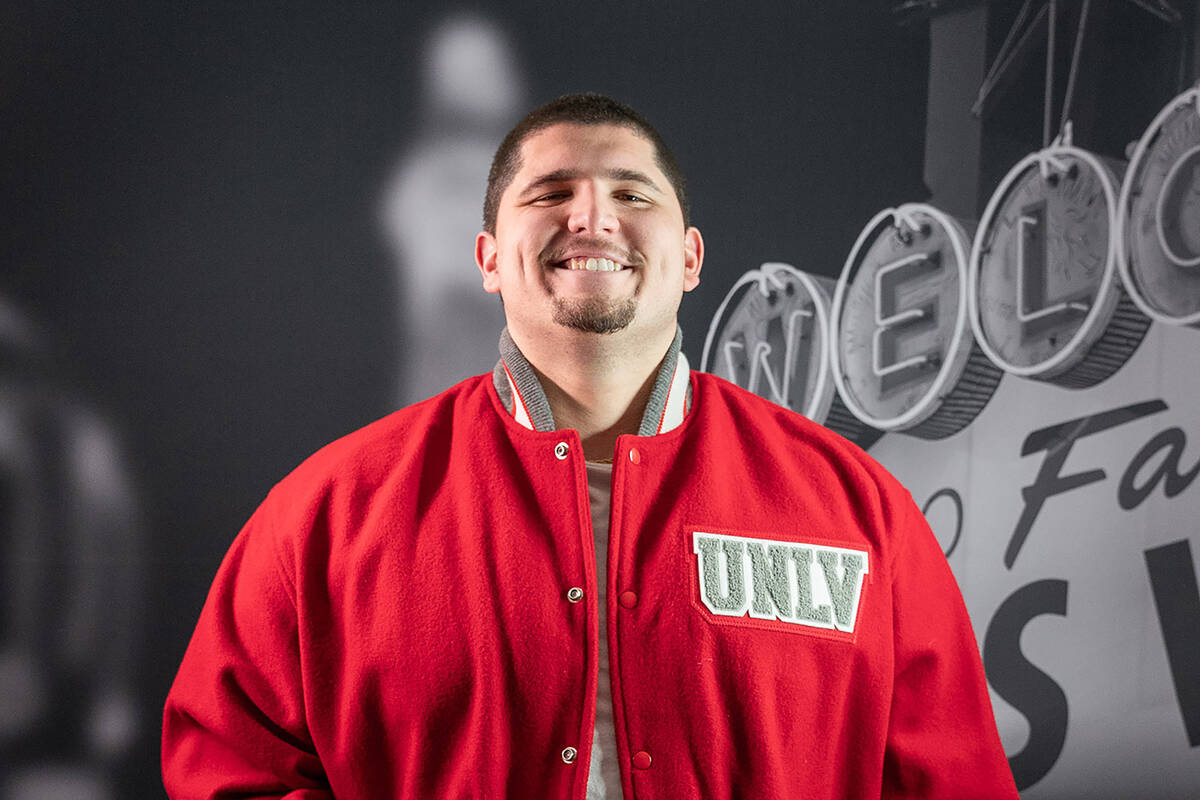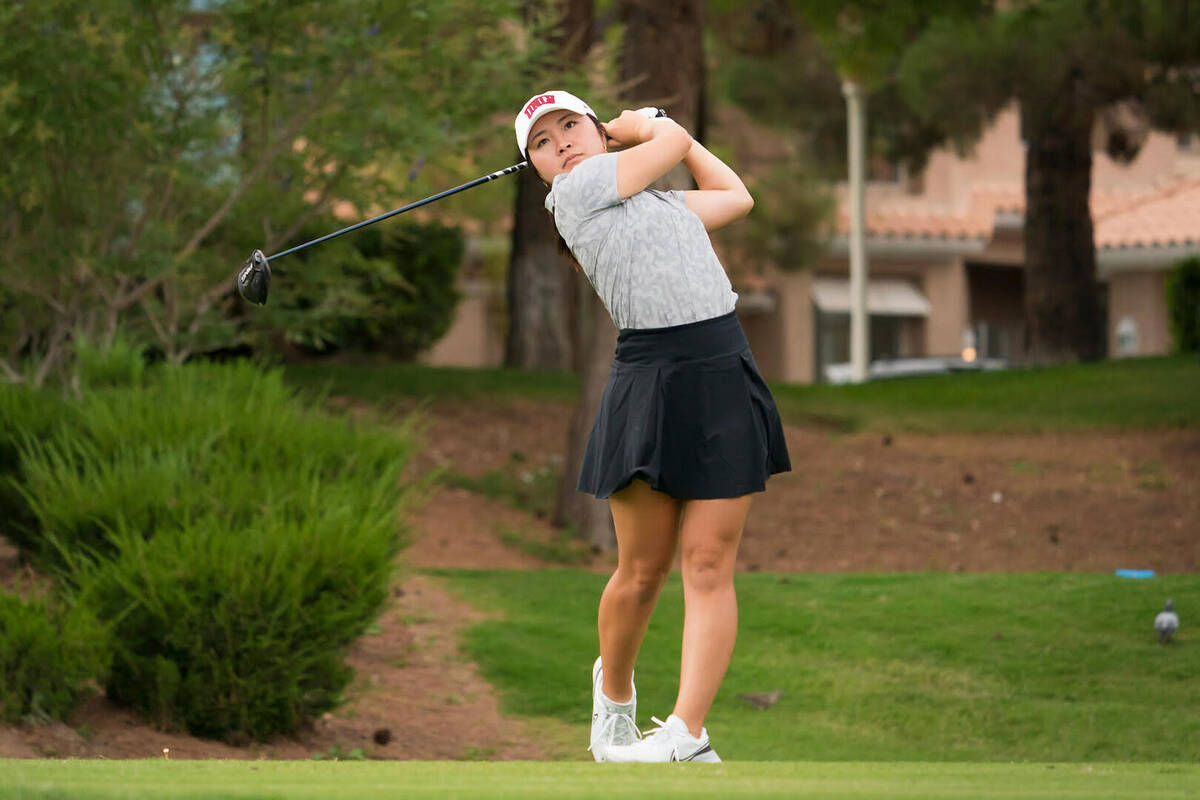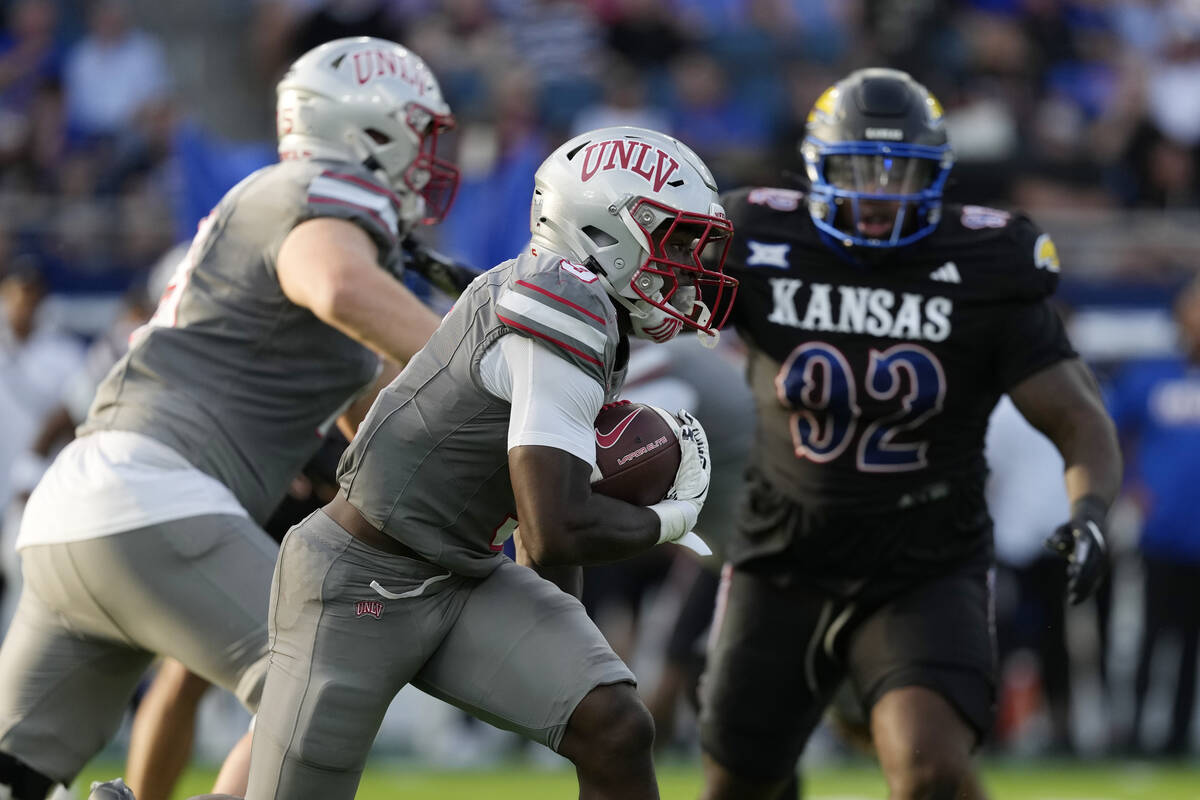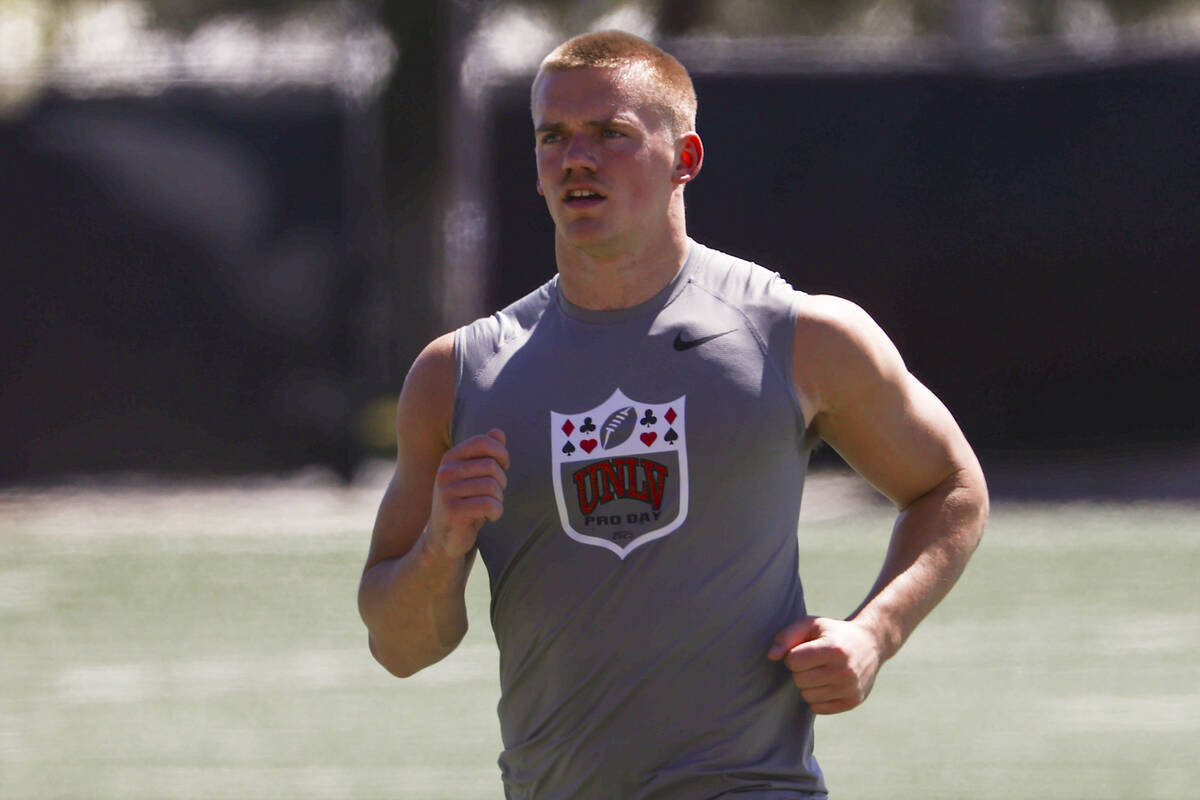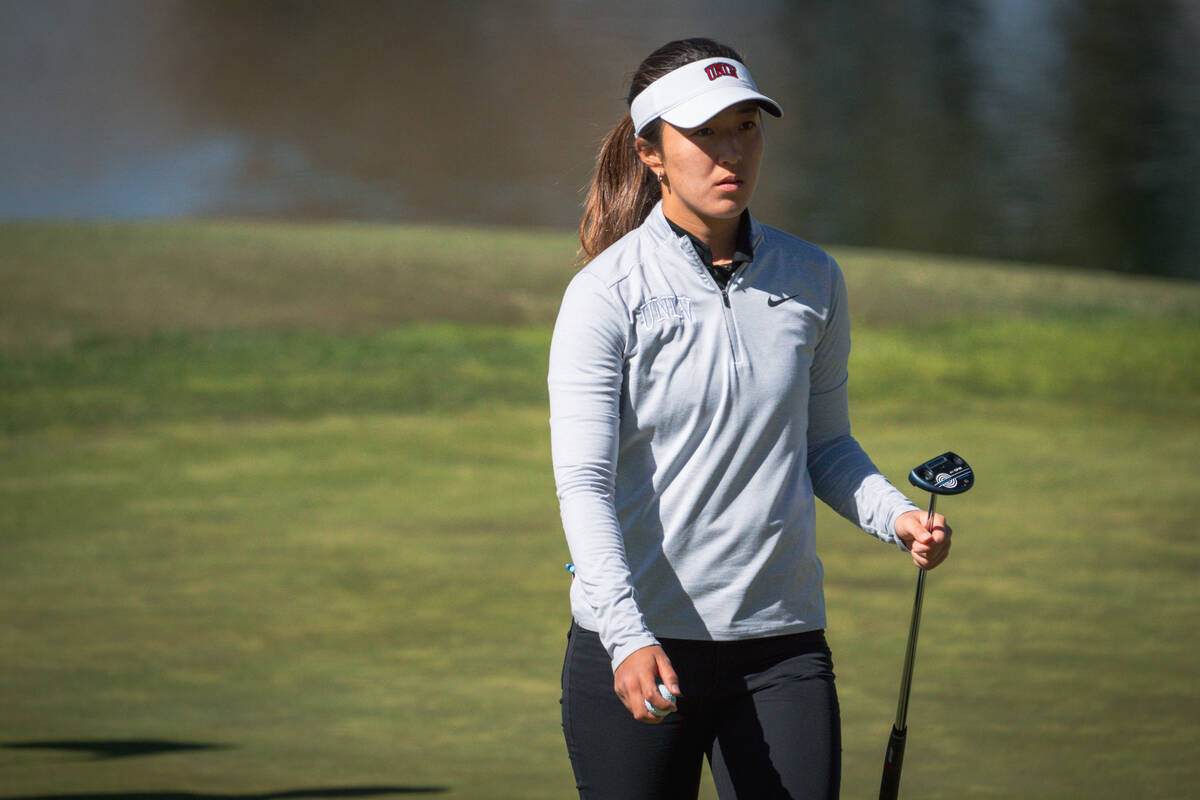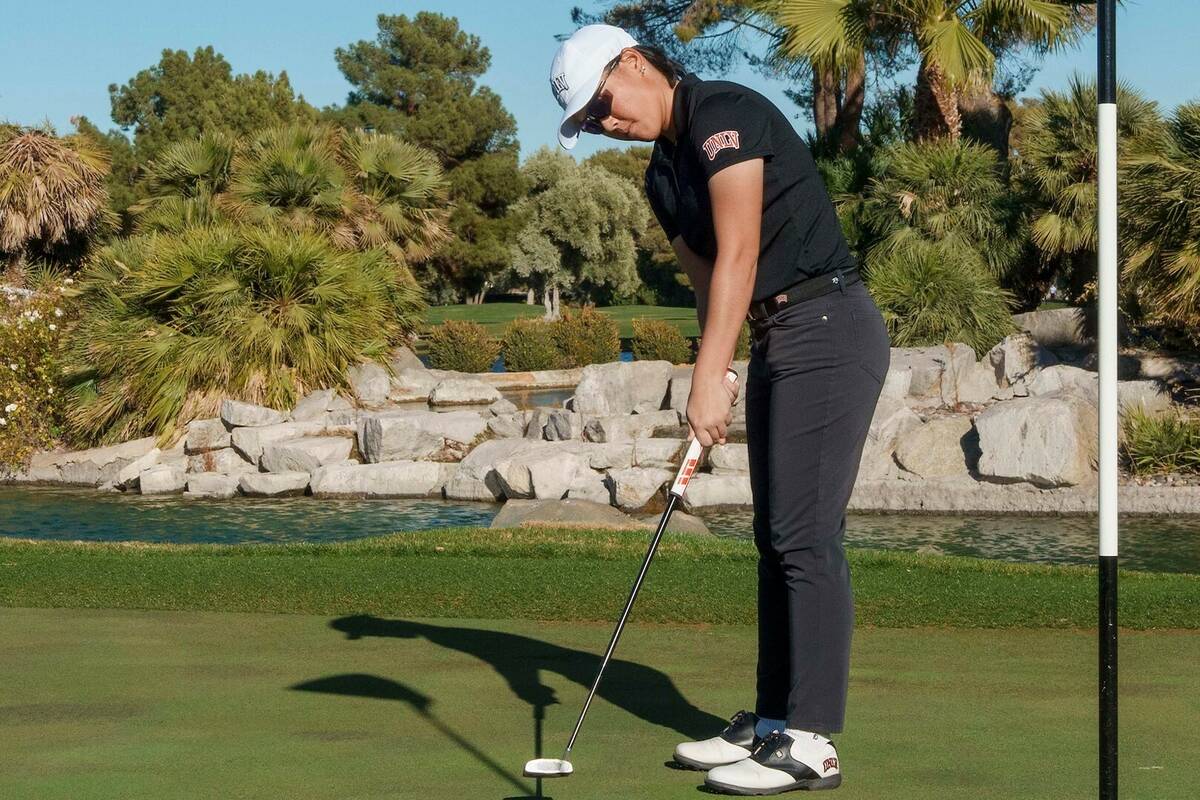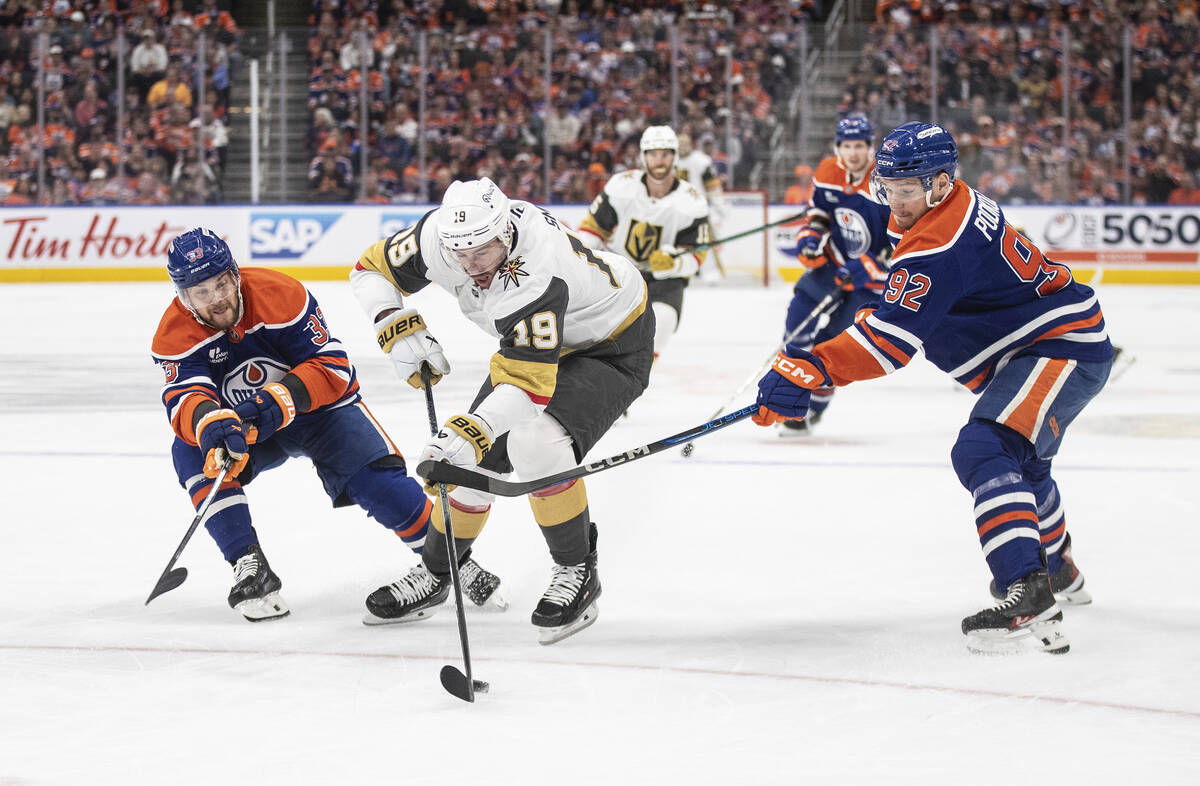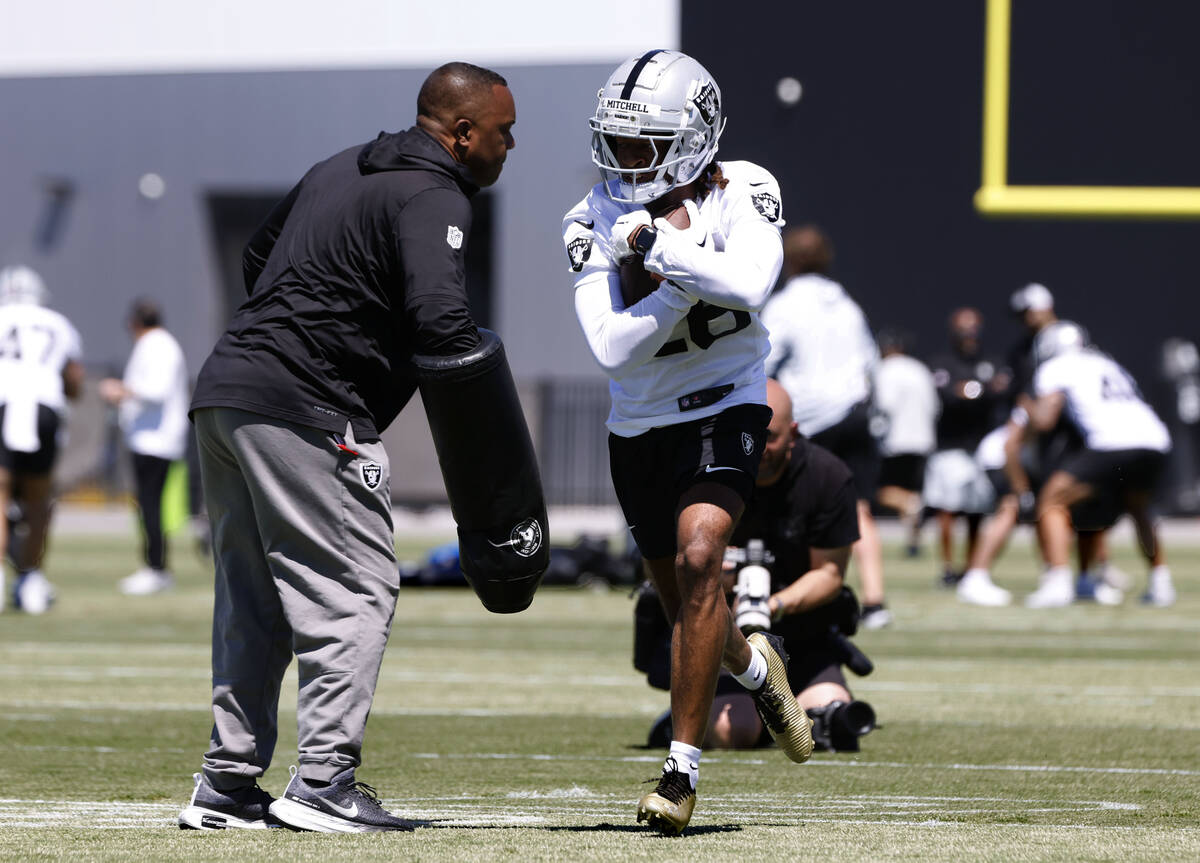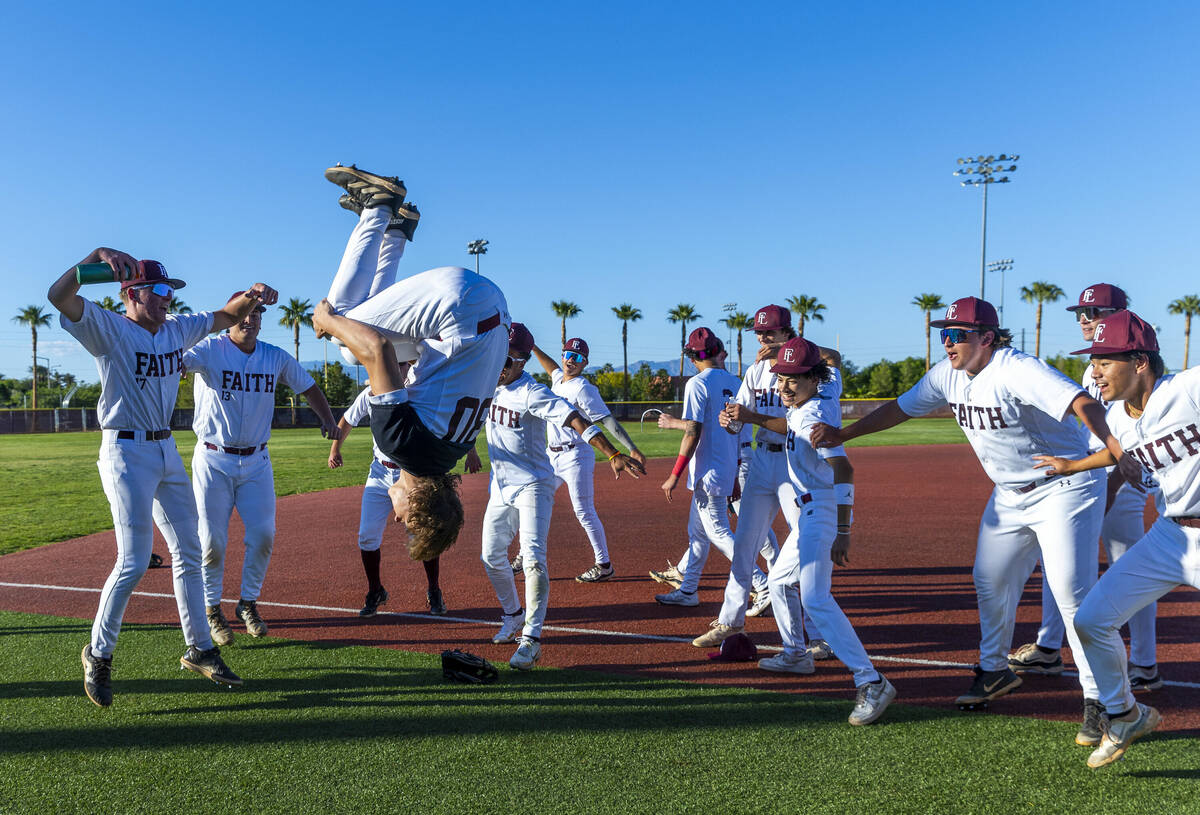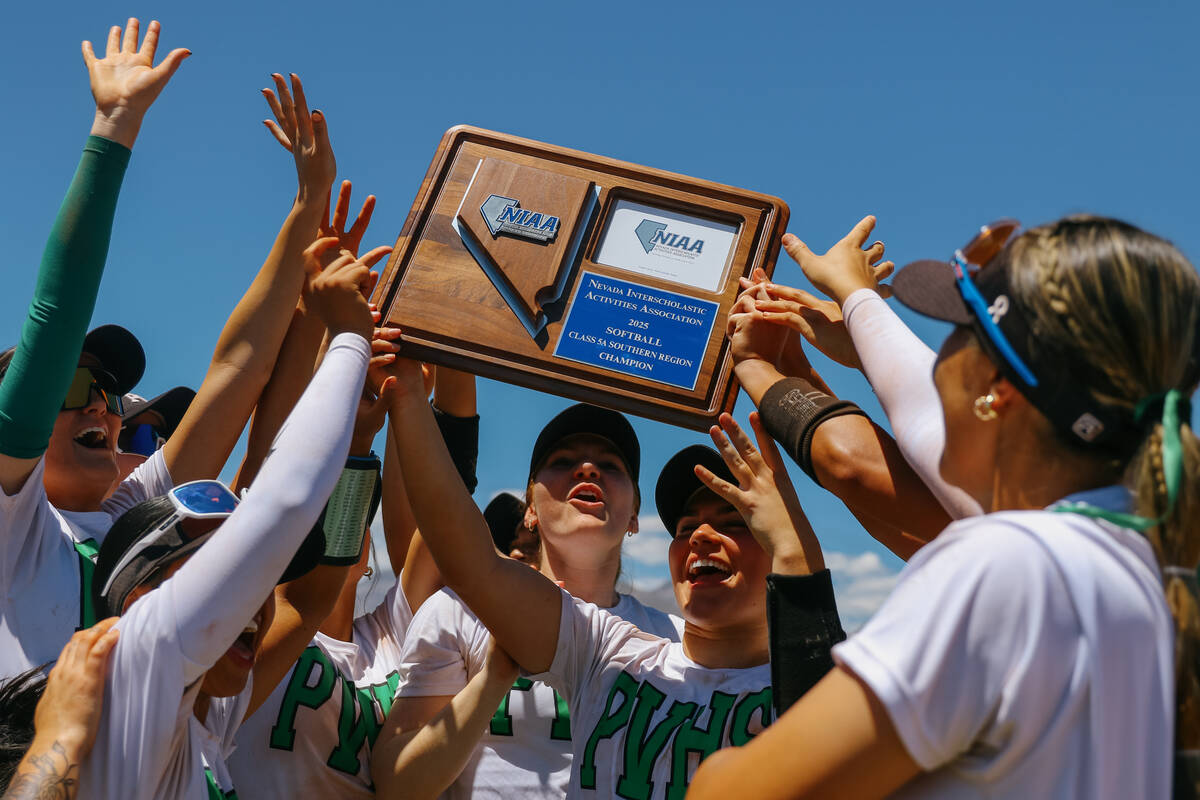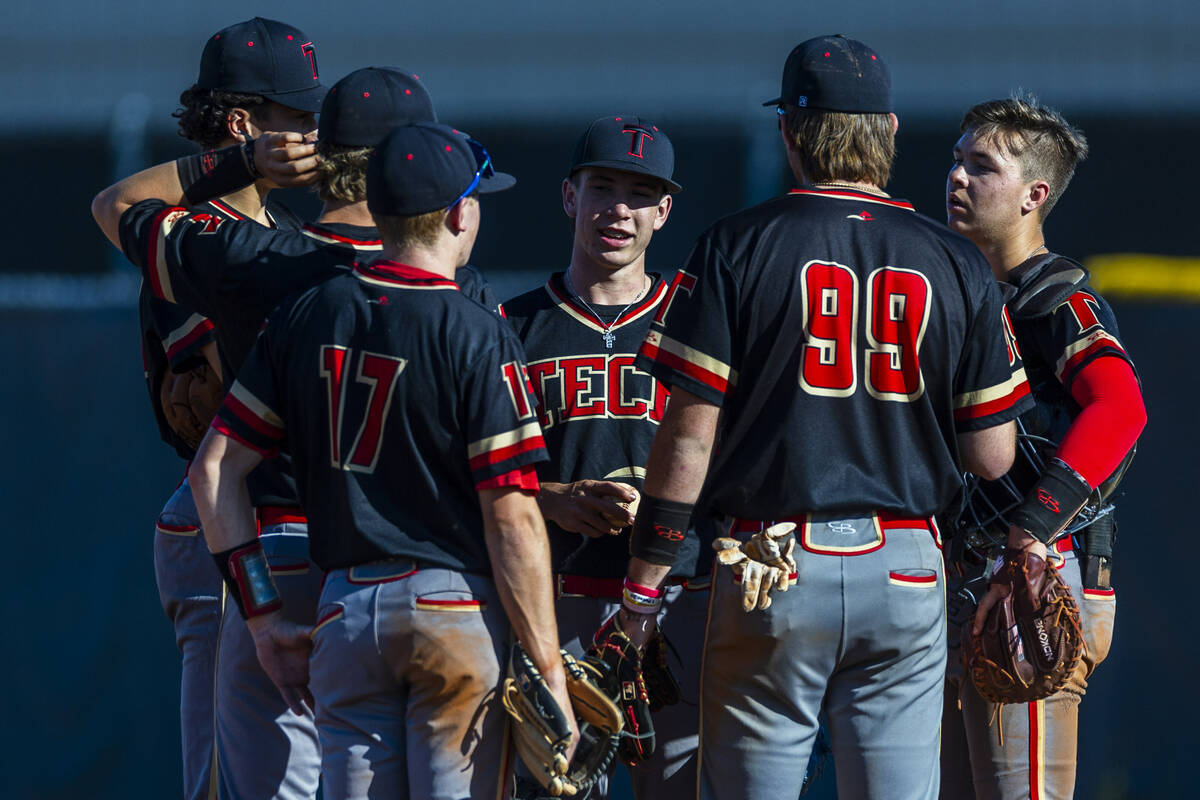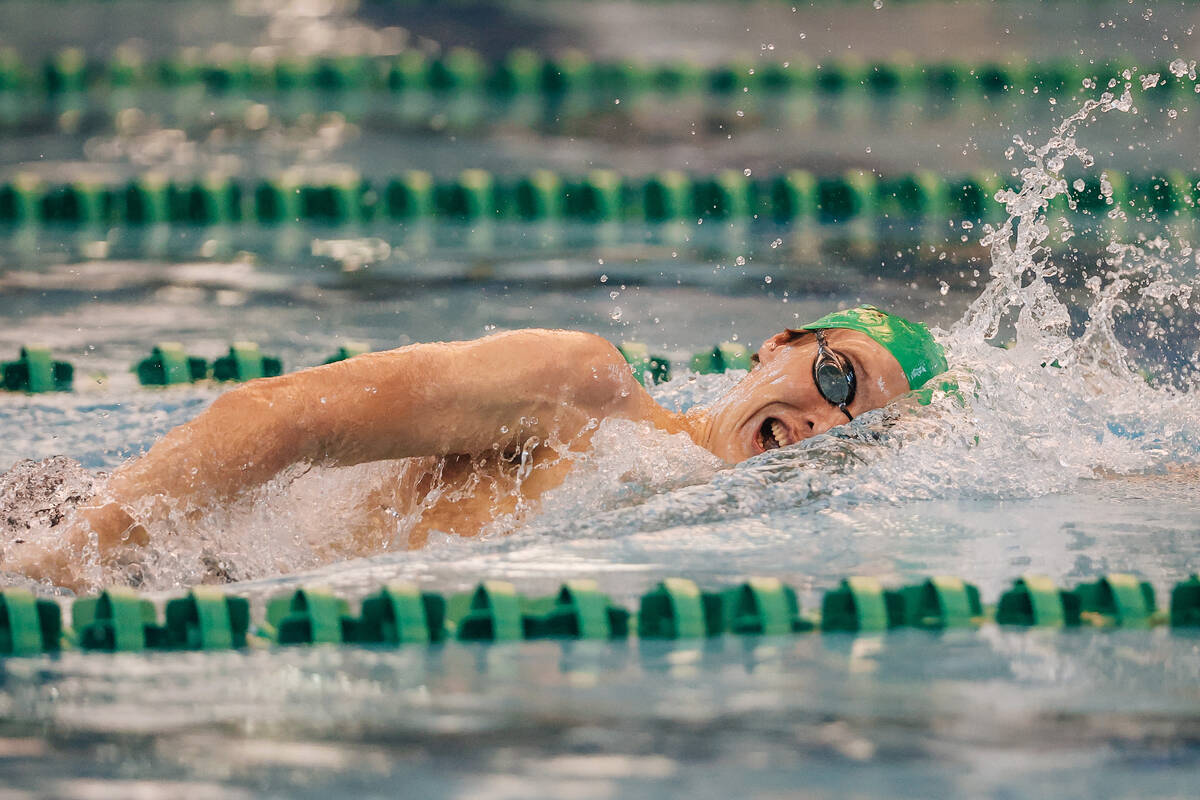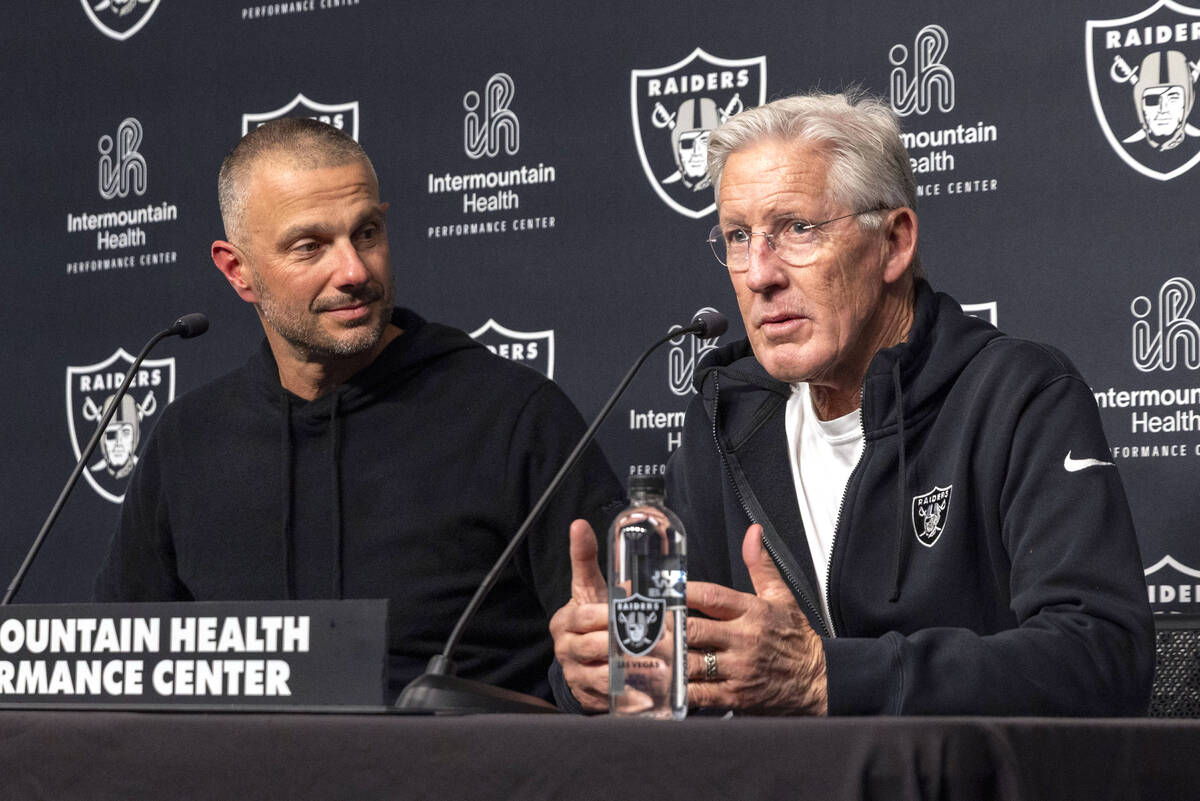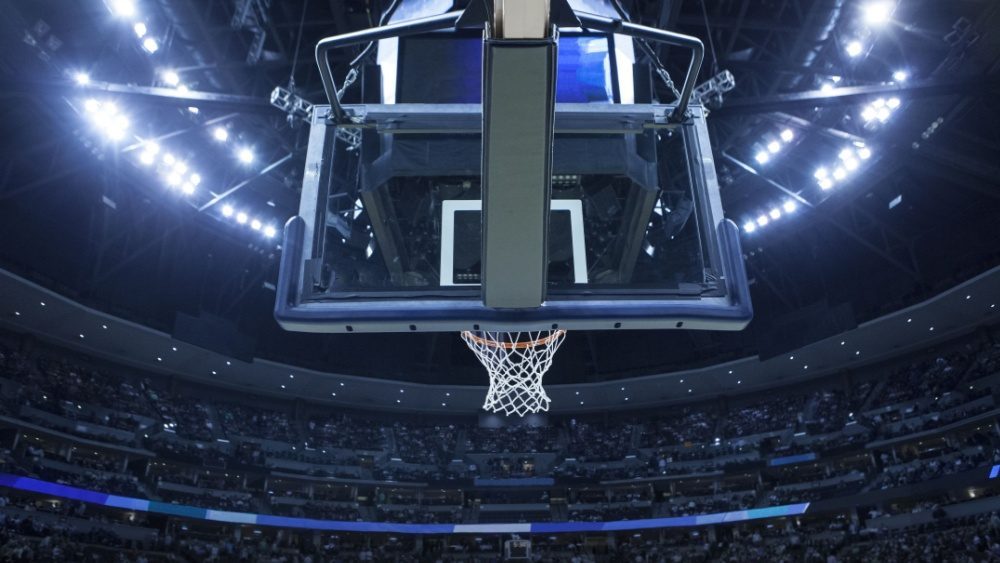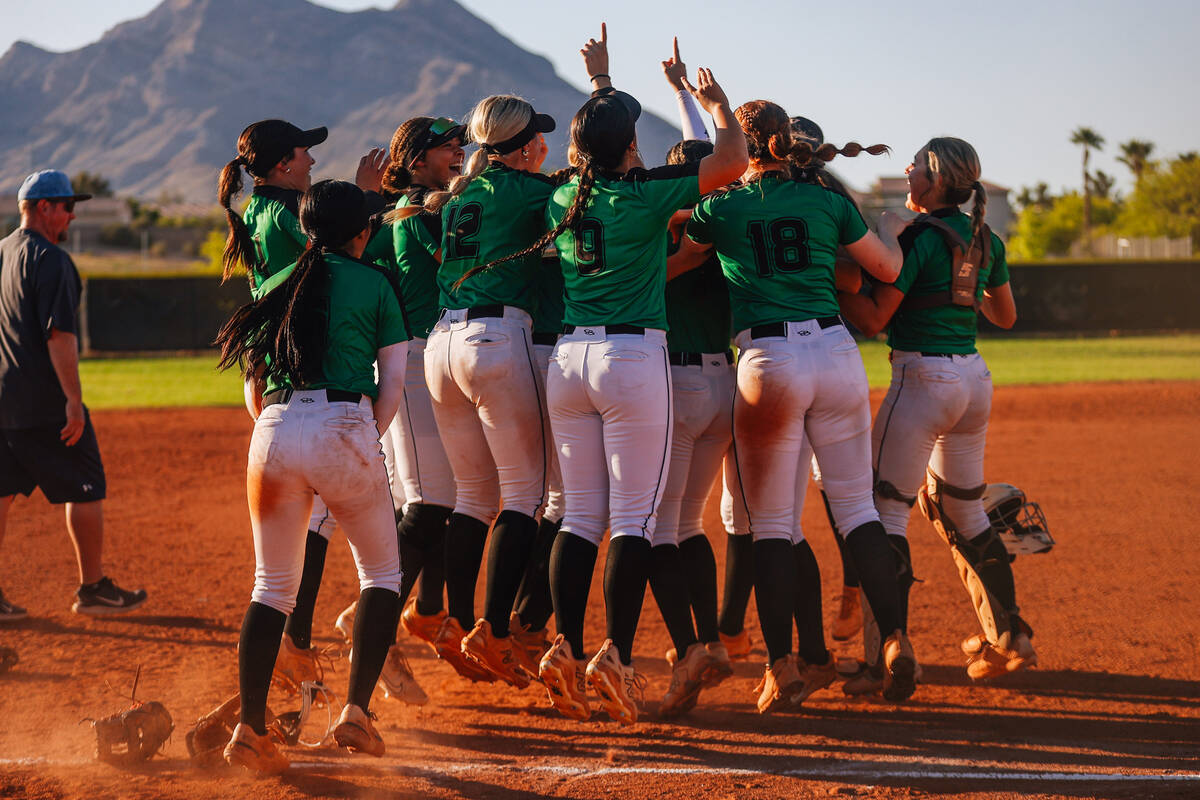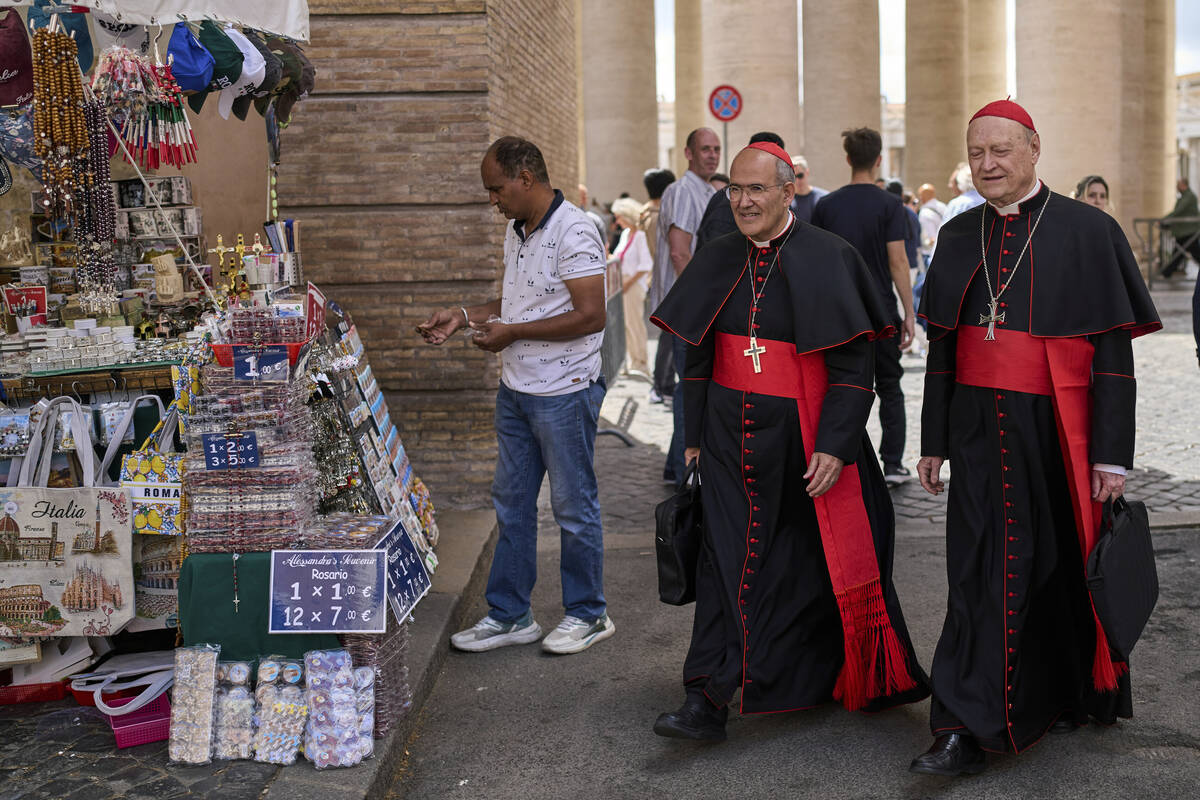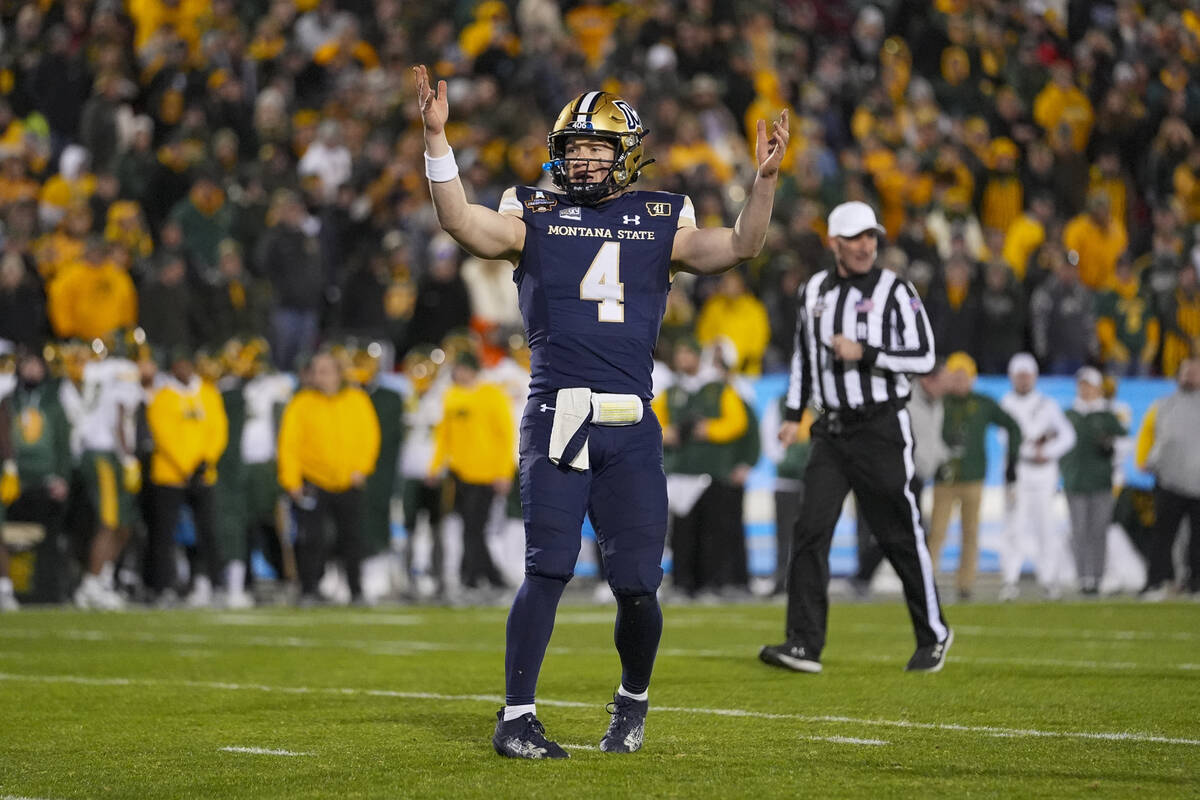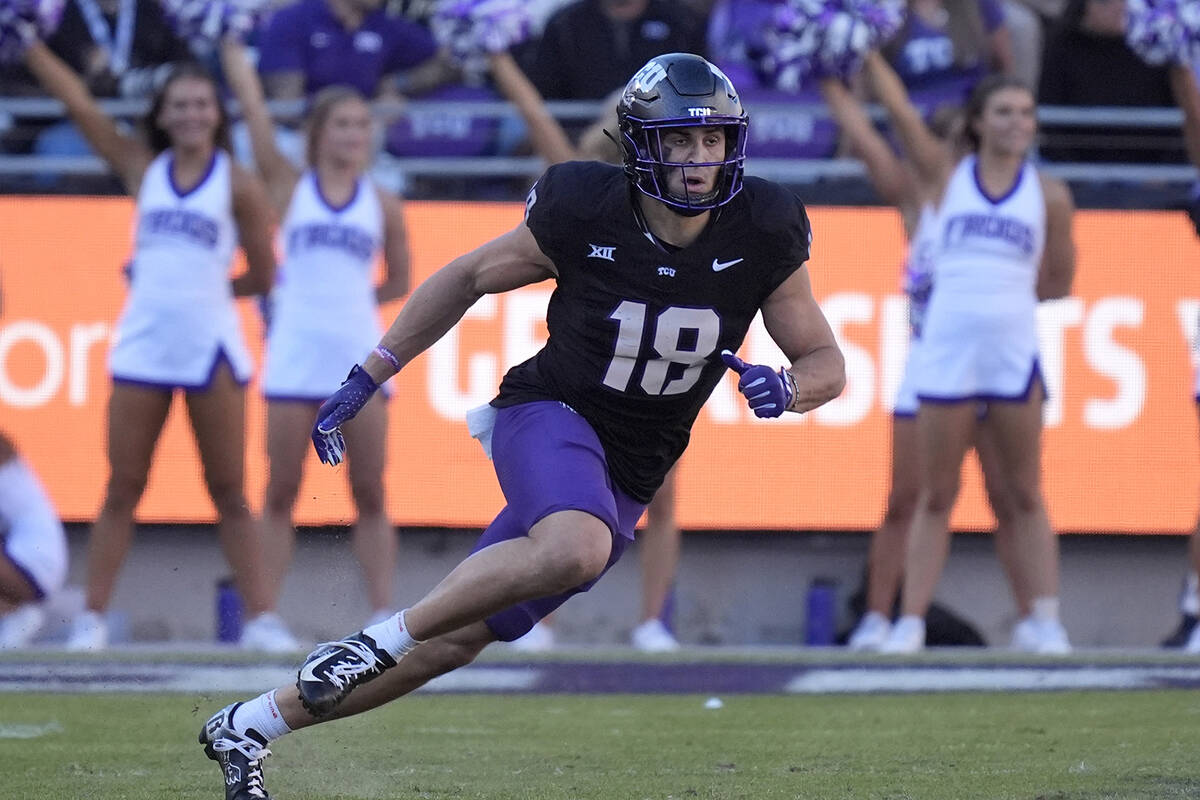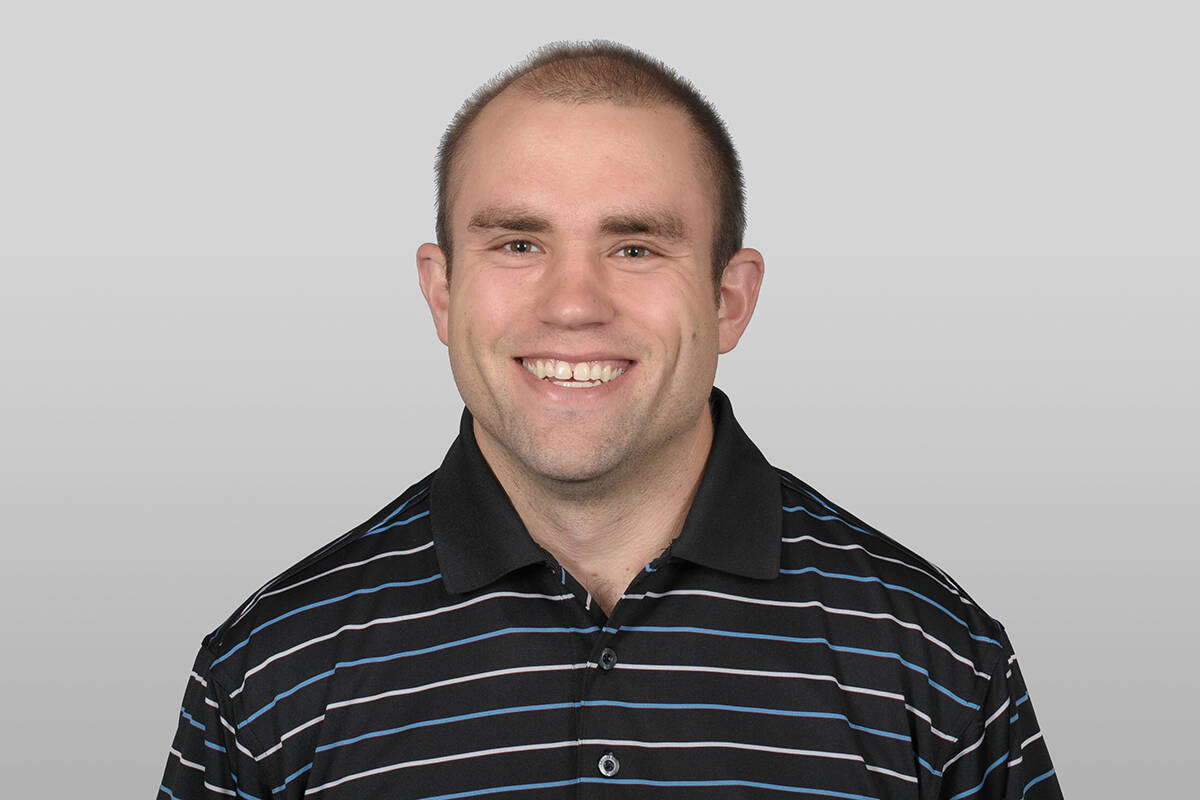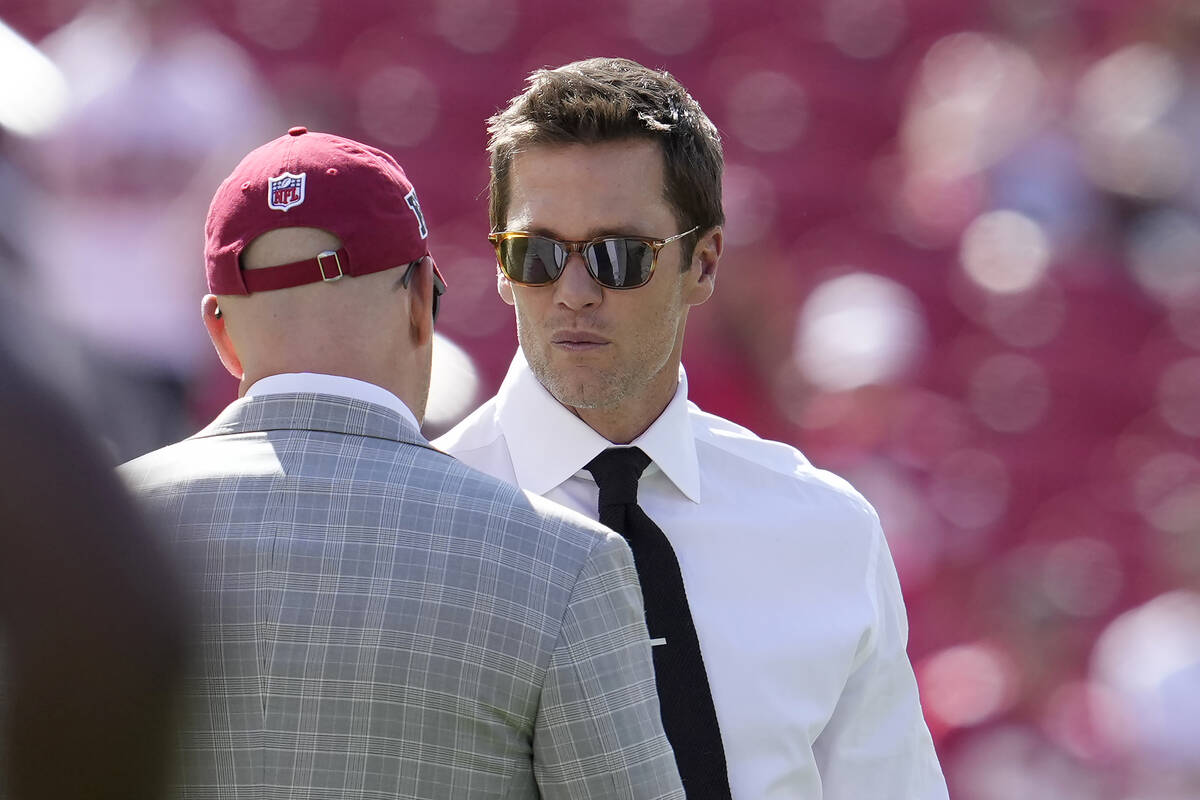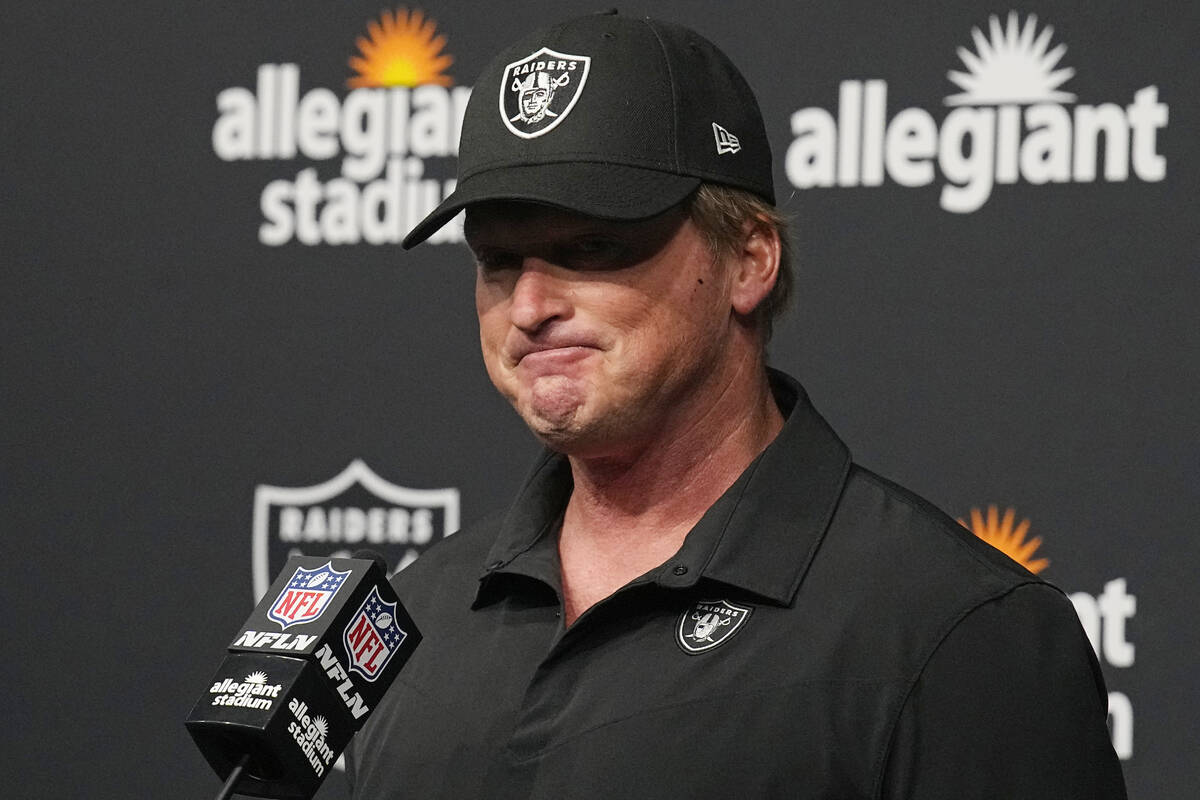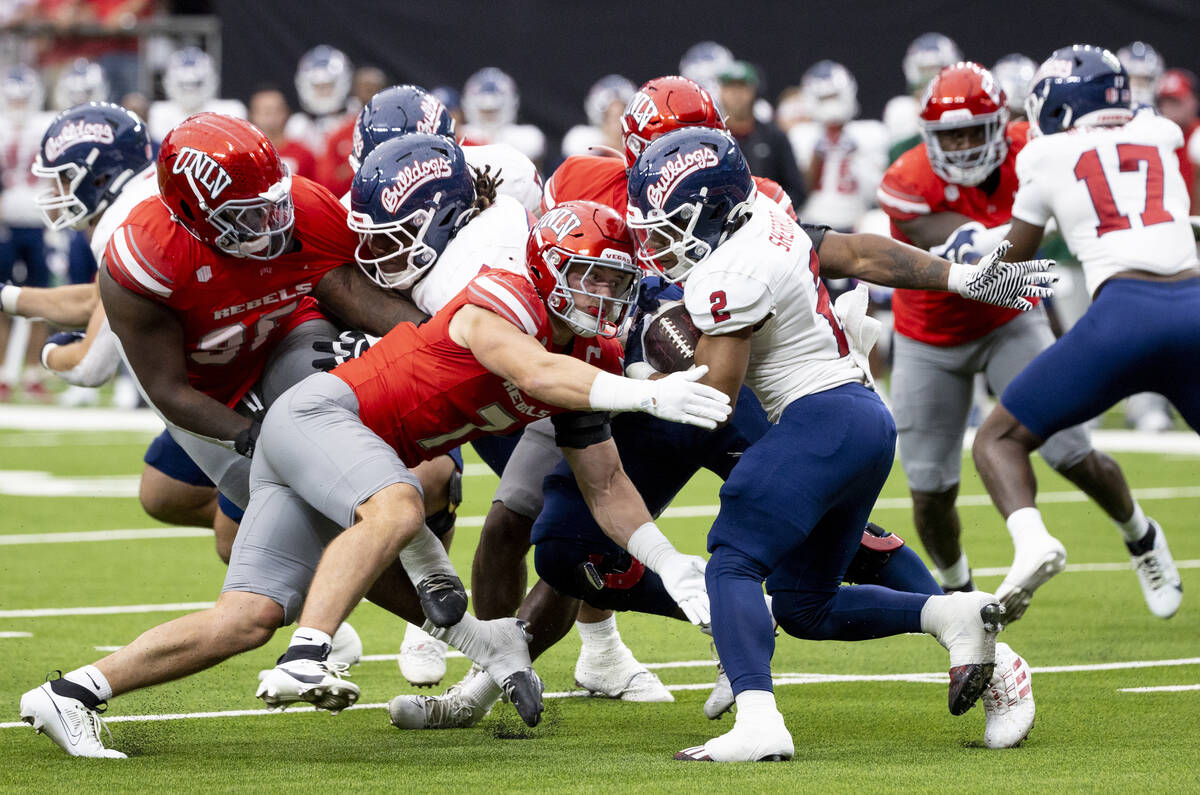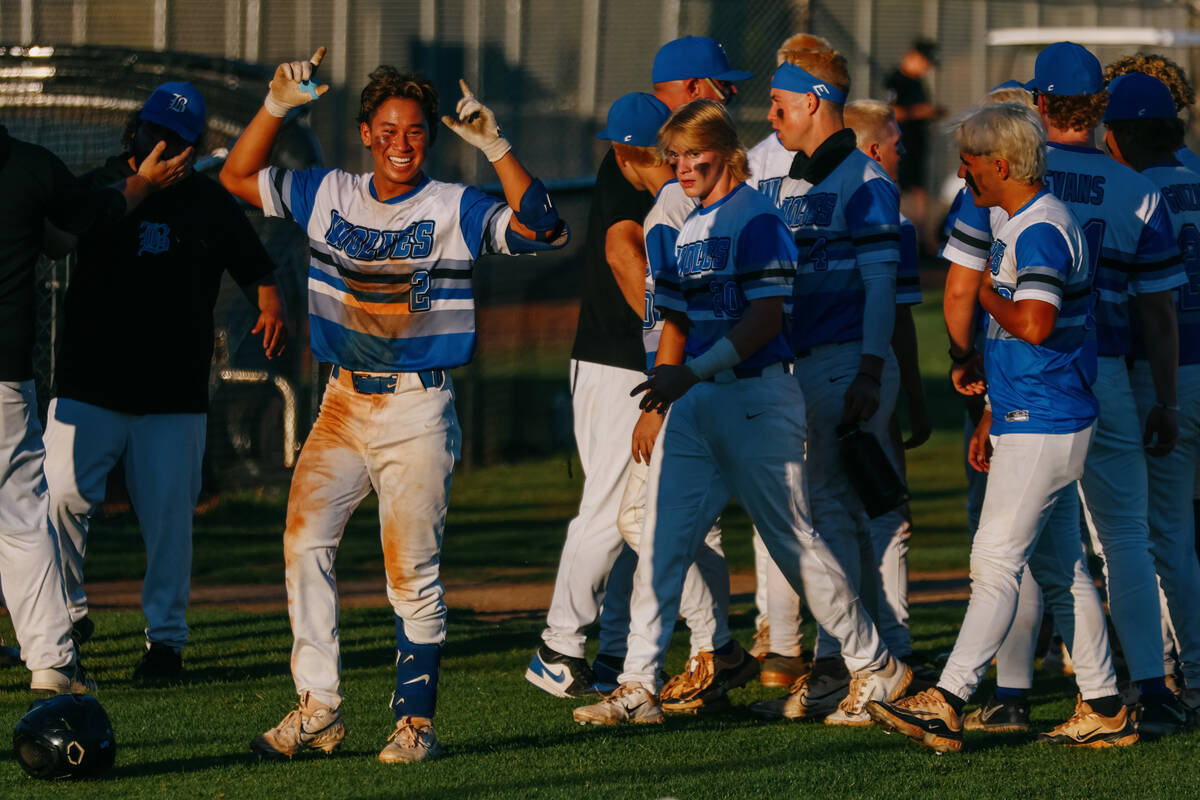Love him or hate him, Christian Laettner is inarguably one of the greatest players in NCAA Tournament history.
The polarizing former Duke star and subject of the ESPN 30 for 30 documentary, “I Hate Christian Laettner,” started in four Final Fours, won back-to-back national titles and made two of the most iconic March Madness buzzer beaters ever.
Laettner, 55 with a gray beard, reflected on his career Saturday during a question-and-answer session at the Westgate on the eve of the 34th anniversary of Duke’s upset win over UNLV in the 1991 Final Four semifinals.
The Blue Devils beat the Rebels 79-77 as 9-point underdogs a year after losing to UNLV 103-73 in the most lopsided national championship game in tournament history. The 1991 game, considered one of the greatest games and upsets in college basketball history, still resonates with fans and players alike.
Moses Scurry, who helped lead the Rebels to the 1990 national title, was in the crowd at the Westgate and asked Laettner what was the difference in the two games.
“The difference was (point guard) Bobby (Hurley) was healthier, and we were all a year older, and Grant Hill was there, and that made a big difference,” Laettner said. “Because you guys were great both years.”
Loss still haunts Johnson
The loss, which ended UNLV’s 45-game winning streak, especially still stings for former Rebels star Larry Johnson, who blamed himself for the defeat last week on the “All The Smoke” podcast with former NBA players Matt Barnes and Stephen Jackson.
“I say this all the time. I lost the game,” Johnson said. “I didn’t play hard. I was out there lollygagging, (giving) only 70, 80 percent, thinking we’re playing someone we just beat by 30 the year before.
“I was thinking about the league (NBA). … And at the end, should I have shot the ball? Absolutely, I should’ve shot the ball. I choked.”
After Laettner made two free throws with 12 seconds left for what would be the final margin of victory, Johnson brought the ball up court and passed up an open look at a 3-pointer before passing the ball to Anderson Hunt, who missed a 3 with one second left.
The upset marked the end of an era for UNLV, which saw legendary coach Jerry Tarkanian resign after the 1991-92 season. The Rebels have never made it back to the Final Four, reaching the Sweet 16 only once, in 2007.
The game was the beginning of the Duke dynasty, as the 6-foot, 11-inch Laettner led the Blue Devils to their first two of five national titles under coach Mike Krzyzewski in 1991 (over Kansas) and 1992 (over Michigan).
The shots
Laettner, who has the NCAA Tournament scoring record of 407 points and played in 23 of a possible 24 tournament games, twice made last-second shots in overtime to propel Duke to the Final Four.
In 1990, Laettner hit a buzzer-beater to lift Duke to a 79-78 overtime win over UConn.
In 1992, he hit arguably the most iconic shot in March Madness history, aka “The Shot,” to lift Duke to a 104-103 victory over Kentucky.
Trailing by one with 2.1 seconds left, Hill threw a pass three-quarters of the length of the court to Laettner, who faked right, dribbled once, turned and hit a jumper as time expired.
“Over the years, in settings like this, I’ve heard people start talking about the pass. The pass? The pass is so unimportant, it means nothing. Why are they talking about Grant Hill’s pass,” a grinning Laettner said as the crowd laughed. “But I’ve learned it does mean something, because two weeks prior to the Kentucky game, we were down one to Wake Forest, and he threw a curveball that took me out of bounds.
“We weren’t able to make any shot because his pass was so bad, so over the years I’ve learned, yes, the pass does matter.”
The shot capped a perfect shooting performance by Laettner, who went 10-for-10 from the field and 10-for-10 from the free-throw line.
Dream Team
After being selected as the No. 3 overall pick in the 1992 NBA draft by the Timberwolves, after Shaquille O’Neal and Alonzo Mourning, Laettner was the only college player picked to play on the gold medal-winning “Dream Team,” the first U.S. Olympic team to include NBA players.
He then played 13 seasons in the NBA for six teams and was named an All-Star in 1997.
“At 13 years, I just said this is enough. I can feel it in my body,” he said. “But, in retrospect, I’d be willing to give up a little more health to play another three or four years because you love every second.”
Contact reporter Todd Dewey at [email protected]. Follow @tdewey33 on X.


